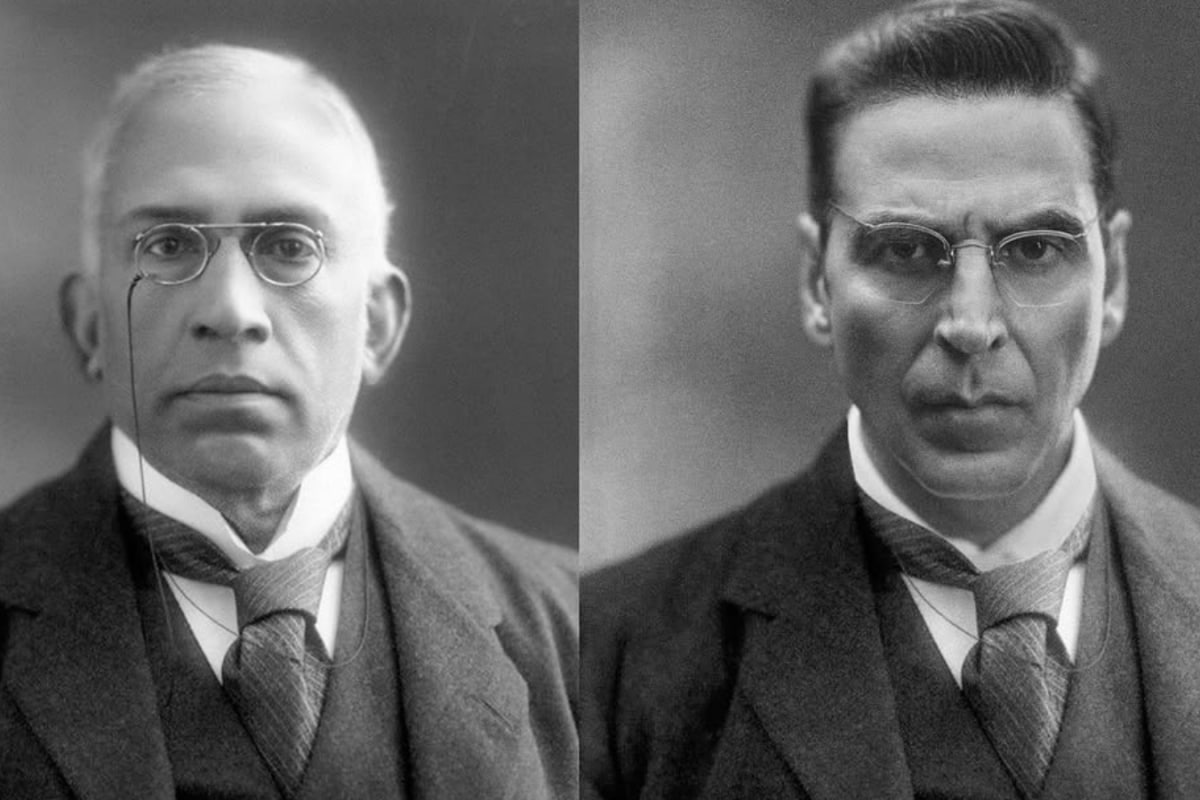Exactly 60 years ago next week, a pioneering new British plane made its maiden commercial flight. Travelling between London Gatwick and Geneva on April 9, 1965, the sleek new jetliner, built by the recently formed conglomerate the British Aircraft Corporation and called the One-Eleven, confirmed the promise it had shown in its early development. The BAC 111 seemed destined for a central role in a forthcoming golden era of aviation where Britain’s gift for aeronautical innovation would lead the world.
Construction had already begun on the prototype of Concorde , the revolutionary supersonic jet. In the military sphere, testing was also underway on the equally revolutionary Hawker Harrier, with its unique capacity for vertical take-off and landing. Yet the sixties, far from heralding a new age of triumphant achievement, were actually the last gasp of glory before long decades of decline.

Concorde turned out to be an expensive failure. Global orders for both the BAC-111 and the Harrier disappointed. Today, the British aircraft industry is a shadow of its former self.
Its main focus is on making the wings for the giant European Airbus company. Yet even here the shadow of vulnerability hangs over the shrunken workforce, highlighted by the recent announcement from Airbus that 500 jobs are to be lost in the UK. It is the same story elsewhere.
British Steel is gripped by crisis, following the Chinese-owned company’s decision to close its two blast furnaces in Lincolnshire. We no longer have a domestic-owned volume car maker, while mounting malaise hangs over the foreign firms based here. In 2024, the number of cars produced in Britain fell to 780,000, the lowest level since 1954.
Ours is the country that led the Industrial Revolution and became known as “the workshop of the world”, yet today this sector is tragically sliding into irrelevance. In the late 19th century manufacturing accounted for more than 40% of Britain’s national income and even in the early seventies, the figure stood at 30%. Today, it has plummeted to a paltry 8.
2%. Embarrassingly, last July Britain fell out of the world’s top ten manufacturing nations for the first time, with our industrial output lagging behind that of Russia , Taiwan and Mexico. Despite Labour’s rhetoric about the creation of a “thriving, successful manufacturing sector,” the alarming downward trend has only accelerated in recent months.
A report just out from the group Make UK, which represents industrialists, indicated that in the first quarter of 2025, manufacturing output fell by an “ominous” 1%. So why has Britain abandoned its industrial heritage so comprehensively? Many different factors have been at work. One is the snobbery of the education system which gives more priority to jargon-filled degree courses than practical apprenticeships.
Another is the gross imbalance in the economy which attaches the greatest prestige to the City and financial services, just as the political class tends to admire the professions more than the producers. Indeed, too few of our politicians have any experience of this sector so they are untroubled by its neglect. Similarly, the financial system, with its emphasis on returns for shareholders, places a premium on short-term profits instead of long-term investment.
Just as damaging has been the self-serving militancy of the trade unions, especially at British Leyland in the seventies and the coal industry in the eighties. Having endured so much, British industry will now be clobbered by tariffs introduced this week by President Trump. In the hostile environment created by US protectionism, British firms will find it harder to compete on the global stage.
But even the tariff problem pales beside the disaster of soaring energy costs, inflicted by Ed Miliband’s dogmatic obsession with achieving the arbitrary national target of net zero emissions by 2030. Thanks to this policy, British businesses now have to pay the highest electricity prices in the world. This burden is “unsustainable”, according to Sir Jim Radcliffe, the founder of the chemical giant Ineos, who warns that, without a change in direction, his industry could be facing its “extinction”.
The only benefit for Britain of tariffs is that their imposition provides an opportunity for the Government to rethink its economic strategy. The moment should be seized with both hands, so that Miliband’s myopia is dumped and industry is supported rather than hammered..
Top

Donald Trump and Ed Miliband are an economic double-whammy for UK

There is only one advantage to the perils Britain now faces - let's see if Sir Keir Starmer spots it.











